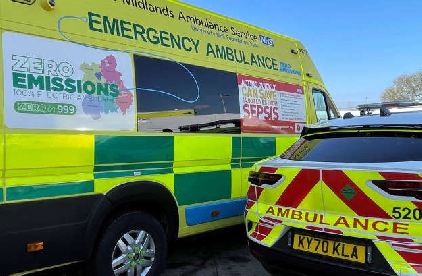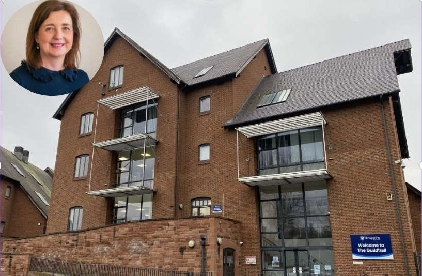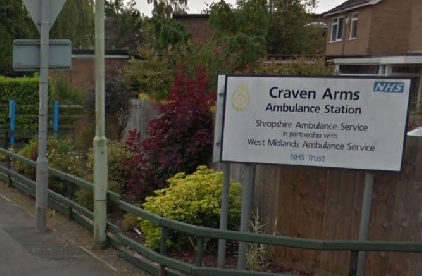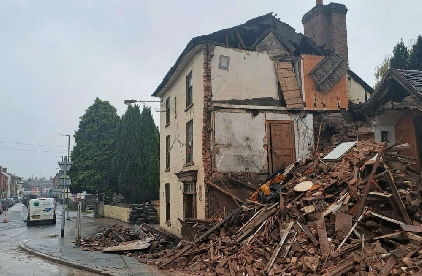
An ambulance service could collapse this summer amid a country-wide "catastrophic situation" with too many patients waiting in the back of ambulances for 24 hours before being admitted to hospital.
West Midlands Ambulance Service is at risk of collapsing entirely this summer, its nursing director has said, as he predicted a "Titanic moment" will happen in August.
Mark Docherty said patients were "dying every day" from avoidable causes due to ambulance delays and he did not understand why NHS England and the Care Quality Commission (CQC) were not on top of the issue.
Speaking in an interview with the Health Service Journal (HSJ), Mr Docherty said too many people were waiting in the back of ambulances for 24 hours before being admitted to hospital.
He claimed that serious incidents had quadrupled in the last year due to the serious delays.
Documents from a quality governance meeting at the trust in March showed another director warning that "deaths are happening which should not be happening" and nationally patients are being let down in a "catastrophic situation".
Mr Docherty said: "Around August 17 is the day I think it will all fail.
"I've been asked how I can be so specific, but that date is when a third of our resource (will be) lost to delays, and that will mean we just can't respond.
"Mathematically it will be a bit like a Titanic moment.
"It will be a mathematical (certainty) that this thing is sinking, and it will be pretty much beyond the tipping point by then."
He added: "It would make me the happiest person in the world if everyone in the system proves to me that actually the ambulance service in the West Midlands isn't going to fail on August 17, and I've got it completely wrong."
England-wide NHS data for March shows ambulance trusts across the country missing various targets, including too-slow response times to the most urgent incidents.
Mr Docherty said: "All of the issues that we're building for the future are huge. And I don't know why the CQC are not all over this, I don't know why NHS England is not all over this."
An NHS spokesman said: "The NHS has been working hard to reduce ambulance delays and £150m of additional system funding has been allocated for ambulance service pressures in 2022-23.
"There is no doubt the NHS still faces pressures, and the latest figures are another reminder of the crucial importance of community and social care, in helping people in hospital leave when they are fit to do so, not just because it is better for them but because it helps free up precious NHS bed space."
Victoria Vallance, CQC's director of secondary and specialist healthcare, told HSJ the impact of "escalating pressure on the NHS is severe" with "unacceptably long delays for patients".
She added: "There are very real concerns about the significant risk to patients and the impact on paramedics and hospital staff as they do all they can to deliver safe care under the most demanding circumstances, and we have highlighted these concerns in our public board meeting.
"We will continue to monitor services and use our regulatory powers where necessary."


 Shropshire Council staff reminded of their responsibilities
Shropshire Council staff reminded of their responsibilities
 Fire chiefs in Shropshire set aside more cash as national pay talks loom
Fire chiefs in Shropshire set aside more cash as national pay talks loom
 Appeal following collision between car and pedestrian in Herefordshire
Appeal following collision between car and pedestrian in Herefordshire
 Retrospective proposal for former ambulance station conversion
Retrospective proposal for former ambulance station conversion
 Burst water pipe affects supplies in Bucknell
Burst water pipe affects supplies in Bucknell
 When Shropshire Council residents will get new bin collection calendars after they were 'cancelled'
When Shropshire Council residents will get new bin collection calendars after they were 'cancelled'
 Part of damaged former pub demolished
Part of damaged former pub demolished
 Tribute paid to man killed in bin lorry crash
Tribute paid to man killed in bin lorry crash
